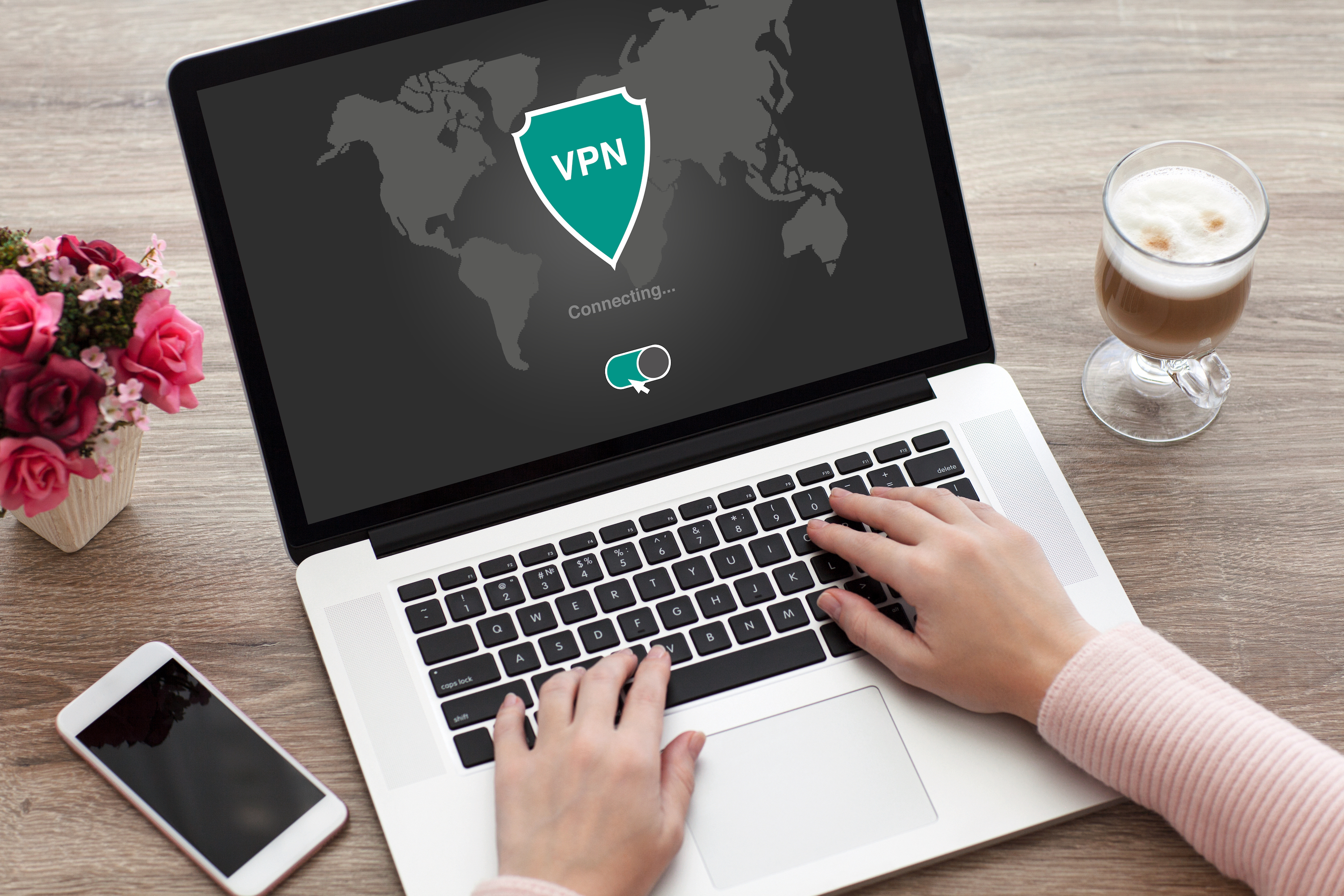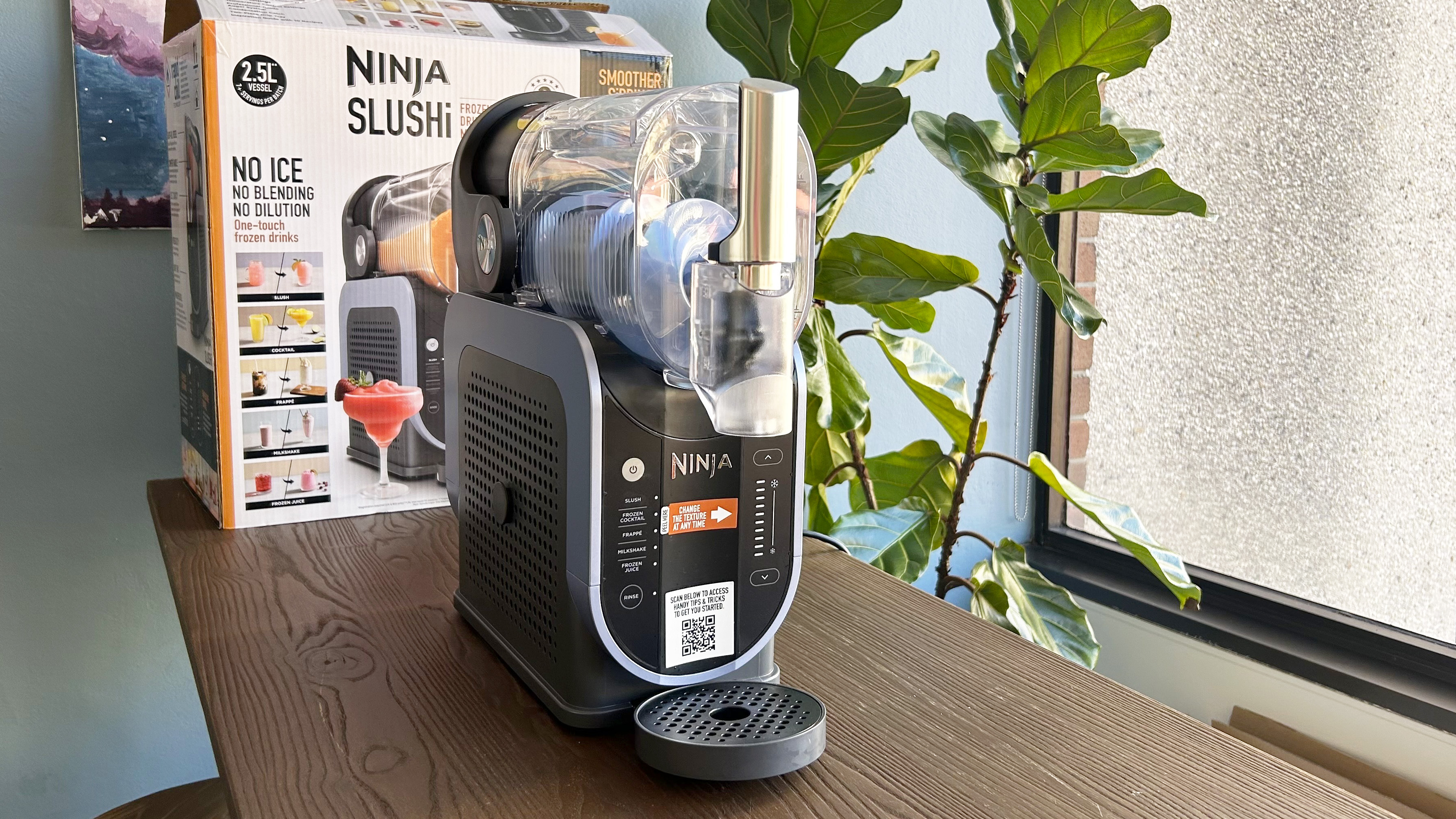VPN speed: how to test and improve your online performance
Don't be put off by slow connection speeds ever again

Every time you turn on your VPN, all of your traffic and data is encrypted, and then being decrypted after reaching its final destination.
Even though it is unlikely to see a huge difference if you are using the best VPN services, the encryption process inevitably slows down your internet connection.
Below, we'll explain the factors affecting your VPN speed and how to test out your service. We'll also share some tips to pump up your online performance in no time, together with more details about the best fast VPN right now according to our latest testing.
How does a VPN affect internet speeds?
We already mentioned that VPN encryption will always impact your connection speed - even if just a couple of Mbps.
However, there are other factors that might make this decrease in performance a real issue. These include:
- VPN server location. The biggest reason for your connection slowing down is the distance between you and your chosen server. As all of your traffic has to pass via this server, your connection will inevitably be faster when you connect to one close to your physical location.
- VPN server load. Many users are likely to be connected to your chosen network at the same time as you are. A drop in connection speed might occur if the server gets overloaded. This is more likely to happen when the VPN infrastructure is obsolete or inadequate. Premium services generally provide some details about this point.
- Protocol. As encryption is a major cause for a VPN to slow down your overall internet speed, the security protocol defining the type of encryption employed is a huge defining factor here. Among all the ones available, WireGuard is the fastest option you can opt for right now.
How to test your VPN speed
This might sound a bit complicated but the good news is that there are many free services available online for testing your internet connection performance. Speedtest is one of the best speed test apps around, and it's one of the services we use when reviewing VPNs.
Before checking how fast your connection is when safely browsing the net with your VPN on, you need to have an idea of your baseline internet performance. For this, we recommend running two different tests to compare the results.
Sign up to get the BEST of Tom's Guide direct to your inbox.
Get instant access to breaking news, the hottest reviews, great deals and helpful tips.
After the speed test is complete, you will be presented with a set of results and factors to consider according to your needs.
- Ping rate. This represents the lag between taking an action - for example, clicking on a link - and that action being registered by the website or app. The lower your ping is, the quicker this will be. A low ping rate is vital for those using a gaming VPN to play online.
- Download speeds. This perhaps the most important result for anyone one surfing the web as it represents how fast data can be downloaded - for instance, how long a page takes to load fully. Higher is the better here - with the advent of fibre optic broadband, speeds of over 100Mbps are common, but anything above 20Mbps will suffice for streaming and browsing.
- Upload speeds. This defines the rate you send online data. High upload speeds are particularly important if you're often on calls and video meetings, or gaming. You should aim for at least 3 Mbps for everyday use and around 10 Mbps for maximum performance.

How to improve your VPN performance
Here are some tips to boost your online performance and enjoy the best VPN speeds possible.
1. Switch VPN server
We talked before about how VPN servers can affect the performance of your security software. This is why trying out different networks might help you get a faster connection. All the top providers offer a huge array of international servers - our overall favorite ExpressVPN boasts over 3,000 across 94 countries. Beside opting for one closest to your geographical location, premium VPN providers often have several different servers in the same country too.
2. Change encryption protocols
Again, being that the type of security protocol can affect your overall VPN speed, switching to a different one may allow you to enjoy better performance. For doing so, you just need to head to the settings of your VPN app and customize your choice. The new industry standard of security and speed is WireGuard. However, ExpressVPN has developed its own Lightway protocol which rivals WireGuard closely.
3. Enable Split Tunneling
Many VPN services offer a feature called split tunneling that can come handy when it comes to pumping up internet speeds. This is because by activating this option, you can decide which traffic to encrypt inside the VPN tunnel and which one to opt out. Reducing VPN traffic is beneficial for your speed, especially if your internet connection is limited and/or unstable.

4. Reboot your device
As with every piece of technology, restarting your device or home router may help. It might be that some heavy programs are running in the background impacting your bandwidth, or your hardware's memory buffer needs to be cleared out. For similar reasons, disconnecting and connecting again your VPN app could benefit its performance rate.
5. Upgrade your operating system
It can even be that the cause for your internet connection being sluggish lies in your device itself. We recommend checking if you are running the latest version of the operating system available and upgrade accordingly.
6. Use a wired connection
Last but not least, switching to a wired connection can allow you to get more stable internet levels. Wi-Fi is way more convenient, but it can be unpredictable at times. No matter if you're using a VPN or not, a wired connection will deliver higher speeds and more consistent results at all times.
This is the fastest VPN right now:
1. Hide.me – Incredibly fast in every situation
With blazing fast connections when using both WireGuard and OpenVPN, Hide.me is a speed freak's dream. Its super-configurable apps are very powerful, and if you can get past Hide.me's complexity, it's and excellent choice.

Chiara is a multimedia journalist committed to covering stories to help promote the rights and denounce the abuses of the digital side of life – wherever cybersecurity, markets, and politics tangle up. She believes an open, uncensored, and private internet is a basic human need and wants to use her knowledge of VPNs to help readers take back control. She writes news, interviews, and analysis on data privacy, online censorship, digital rights, tech policies, and security software, with a special focus on VPNs, for TechRadar, TechRadar Pro, and Tom's Guide. Got a story, tip-off, or something tech-interesting to say? Reach out to chiara.castro@futurenet.com

